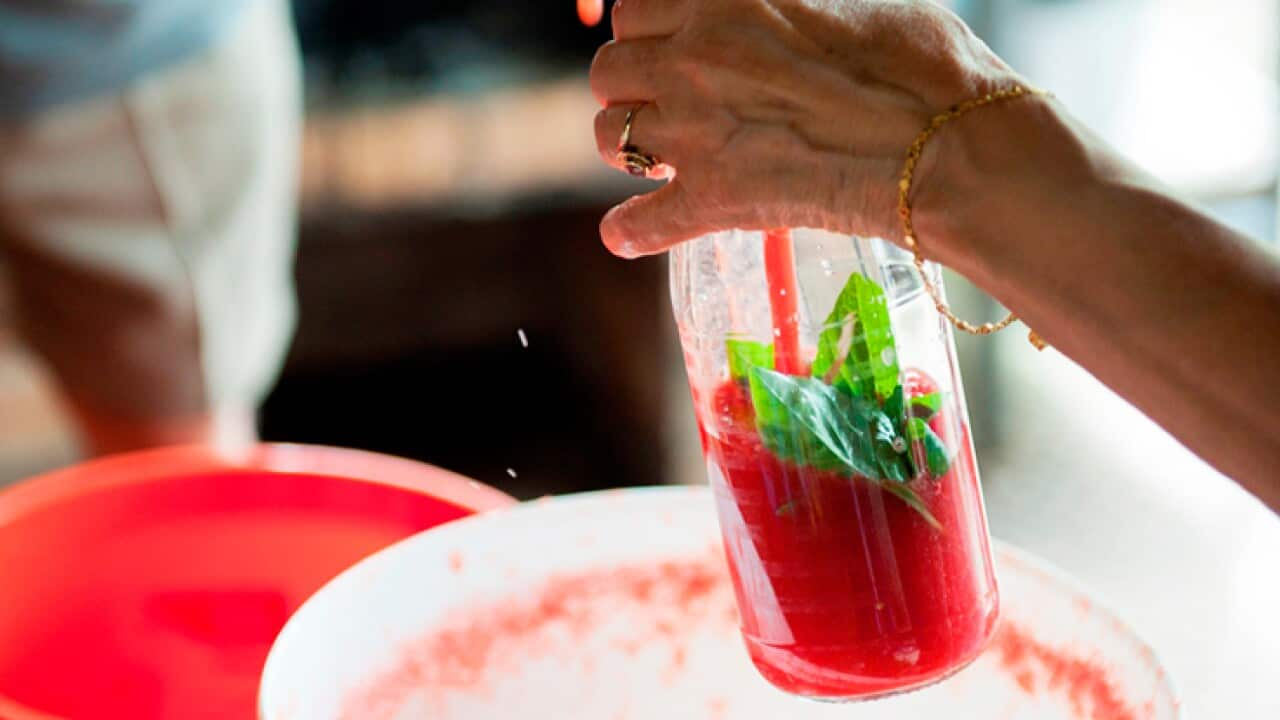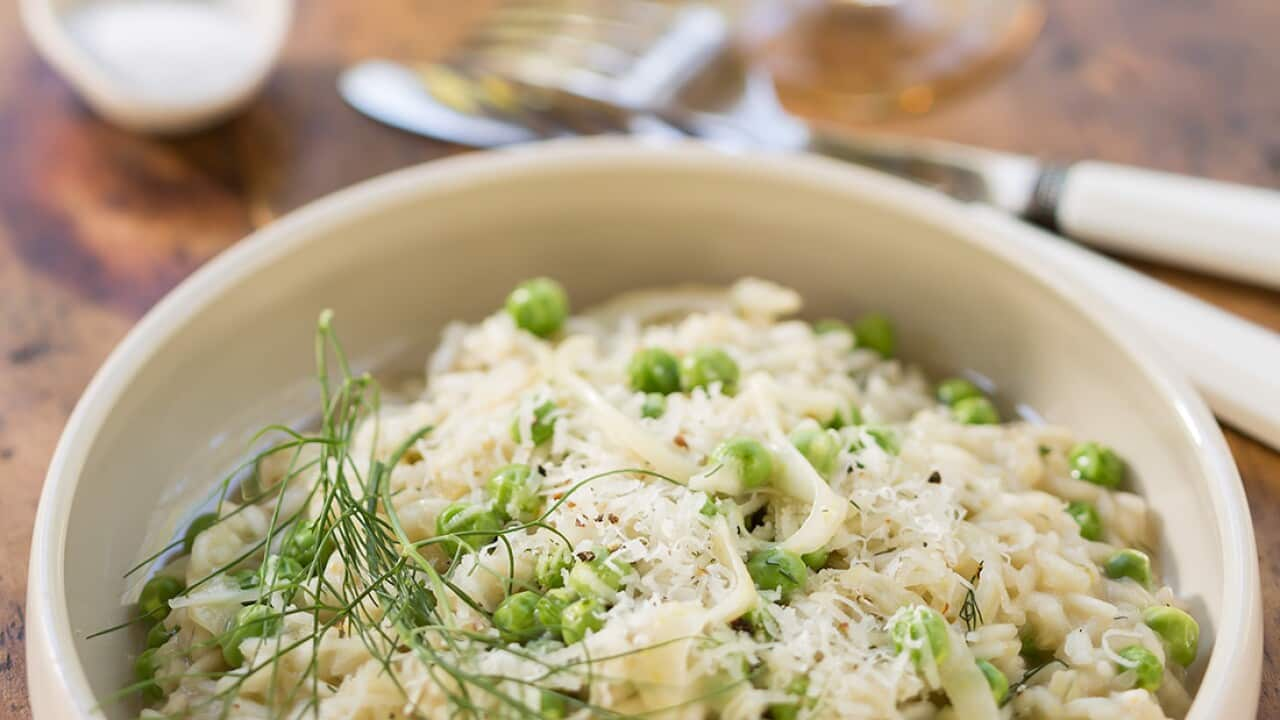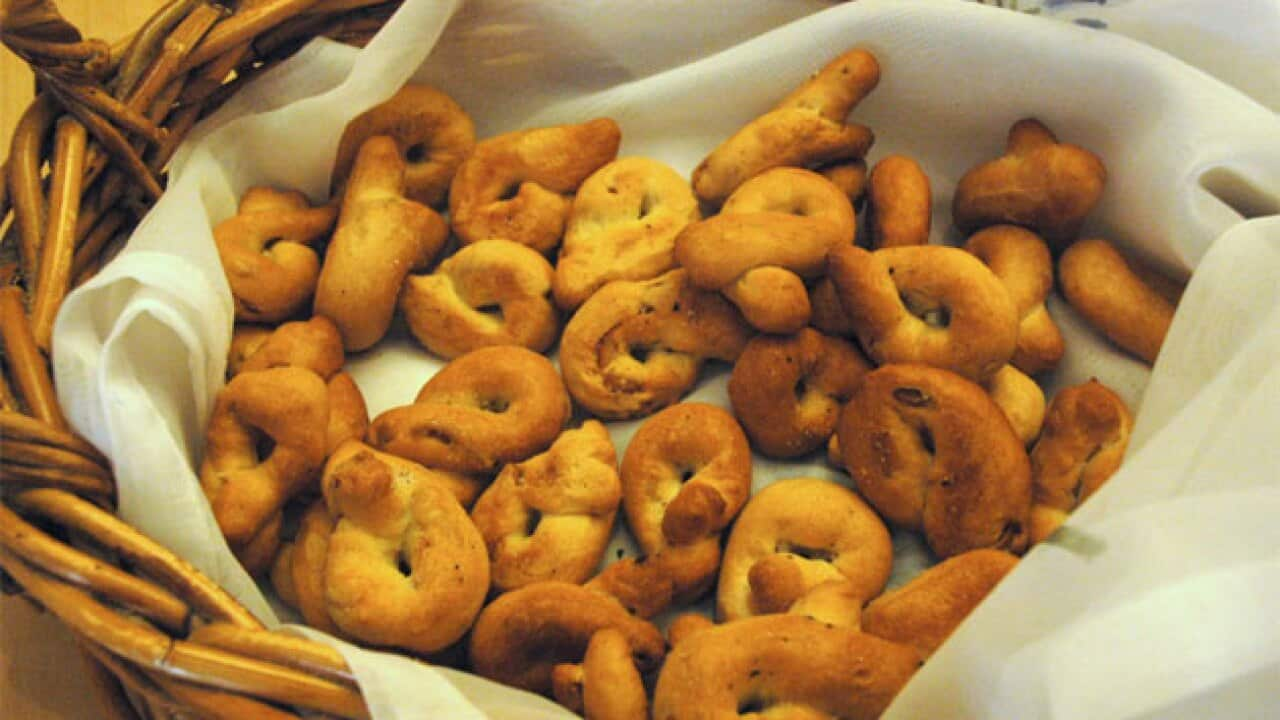Imagine getting older and not being able to cook as frequently - or as well - as you once did. Imagine being socially isolated - maybe your spouse has passed away, maybe your kids live interstate now. Imagine skipping dinner every single night because you miss the dishes your wife or husband used to make, or the ones you once cooked for yourself.
Imagine doing that for the rest of your life.
Now imagine a service that delivers you meals - meals you know and love, meals made daily with fresh ingredients, meals made with traditional recipes from your home country - every weekday. Imagine a series of volunteers who are always up for a chat as they drop off your dinner, and are eager to check in to see how you’re doing.
That service is PISA, a that delivers nonna-made dinners to the elderly Italian community. Launched in 1998 after ten unsuccessful years lobbying for funding, the meal service now delivers dinner to 400 elderly clients across the city.
Kelley Russo, CEO of PISA, started with the organisation eight years ago. “We’ve grown so much in such a short time,” she says. “The demand is there. When I started we had one kitchen, in an old council building that used to be a soccer canteen. Now we have two and we’re looking into a third.” The service, with over 130 volunteers, delivers a bowl of soup, a main meal and dessert every weekday to their clients, who pay between $6 and $15 per day, depending on their level of government subsidy. “We do beautiful pasta, risotto, soup. The most popular item is probably the cabbage rolls. They’re very traditional and people just love them.”
The service, with over 130 volunteers, delivers a bowl of soup, a main meal and dessert every weekday to their clients, who pay between $6 and $15 per day, depending on their level of government subsidy. “We do beautiful pasta, risotto, soup. The most popular item is probably the cabbage rolls. They’re very traditional and people just love them.”

PISA's volunteers and staff create meals full of familiar flavours. Source: PISA
Without a doubt, Russo says, the volunteers are the lifeblood of the organisation. “We couldn’t do it without them. Many of the original volunteers are still with us, in their 70s and 80s. I’ve never seen such dedication - boiling heat, pouring rain, they still come. Adelaide is quite small, and the volunteers often find that they know the people we’re delivering to. It gives them that much more motivation to get up and help every day.” While PISA has drawn comparisons to Meals on Wheels, Russo insists the two are quite different. “Meals on Wheels have thousands of clients, they’re huge. By comparison, we’re very small and that’s OK - we want to serve our clients food we know they will love.” And the clients do love the food, Russo says. “We make everything fresh, every day. We’d never use powdered soups - our nonnas wouldn’t let us! We have nonnas in the kitchen every morning, cooking meals from their family traditions, and then volunteers deliver them to our clients to ensure freshness.”
While PISA has drawn comparisons to Meals on Wheels, Russo insists the two are quite different. “Meals on Wheels have thousands of clients, they’re huge. By comparison, we’re very small and that’s OK - we want to serve our clients food we know they will love.” And the clients do love the food, Russo says. “We make everything fresh, every day. We’d never use powdered soups - our nonnas wouldn’t let us! We have nonnas in the kitchen every morning, cooking meals from their family traditions, and then volunteers deliver them to our clients to ensure freshness.”

More than 130 volunteers help PISA produce meals for 400 older Italians across Adelaide. Source: PISA
One of the most important aspects of delivery, says Russo, is welfare checking. “We had a man - 96, no family in Adelaide - who didn’t answer the door one day. It was odd; he always answered the door, he was always home. So alarm bells went off for the volunteers, particularly because the day we visited him was the Friday before a long weekend. We could have left it til Tuesday, but our volunteers knew something wasn’t right. We called the police and they managed to break in. He’d fallen in the shower and broken his hip; if we had left it until Tuesday, he would have passed away. He spent a lot of time in respite but he’s fine now, and he considers us his family.”
Like family, it’s OK if a PISA client doesn’t like her meal. “We encourage people to tell us if they don’t like what we’ve made. We want them to be happy,” says Russo. “One man, whose wife had passed away, wouldn’t eat a thing - he wanted nothing but his wife’s food. It was very sad. So we spoke to him and asked him about the food his wife cooked. One of our nonnas who works for us said, ‘I know that dish, I come from the same town as your wife.’ She cooked it two weeks in a row and now, he won’t eat anything but PISA’s meals.”
Likewise, many clients can be set in their ways regarding food, says Russo. She recalls wanting the change the Friday night fish dish from crumbed to baked. “There was uproar! True uproar. They did not like it and they weren’t shy about telling me!” As well as servicing the sizeable Italian community in Adelaide, PISA is now looking to expand to other cultures. “We’ll start small,” says Russo, “with Greek, Chinese and Indian meals. It’s not just for people from those cultures; it’s important to reflect how we eat now as our population ages. I’m in my 50s and even though I’m Italian, I don’t want to eat that every night!” Would PISA’s existing Italian clients want to eat from these different cultures, I ask? Russo laughs. “Absolutely not!”
As well as servicing the sizeable Italian community in Adelaide, PISA is now looking to expand to other cultures. “We’ll start small,” says Russo, “with Greek, Chinese and Indian meals. It’s not just for people from those cultures; it’s important to reflect how we eat now as our population ages. I’m in my 50s and even though I’m Italian, I don’t want to eat that every night!” Would PISA’s existing Italian clients want to eat from these different cultures, I ask? Russo laughs. “Absolutely not!”

PISA's "Friday nonnas" in one of the group's kitchens. Source: PISA
Ultimately, it’s something greater than the food itself that makes PISA such a success. “When a nonna places a plate of food before you,” says Russo, “they’re doing more than feeding you; they’re giving you nourishment for your soul.” While the food is familiar, using traditional recipes and fresh ingredients, the real hero is passion. “Nonnas cook with love, and that really matters to Italians. In Italian culture, you show your love through food, and why should you ever miss out on that?”







